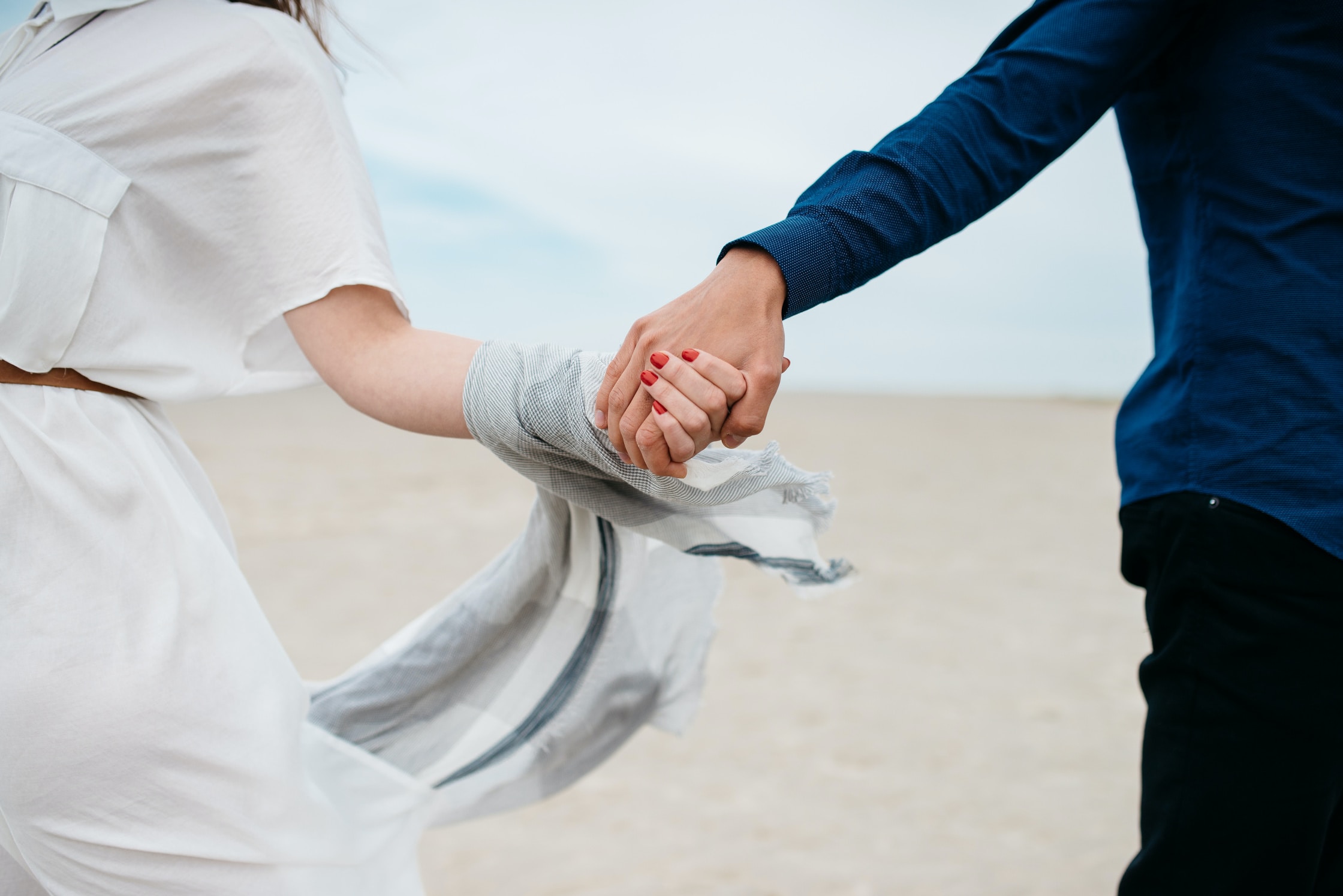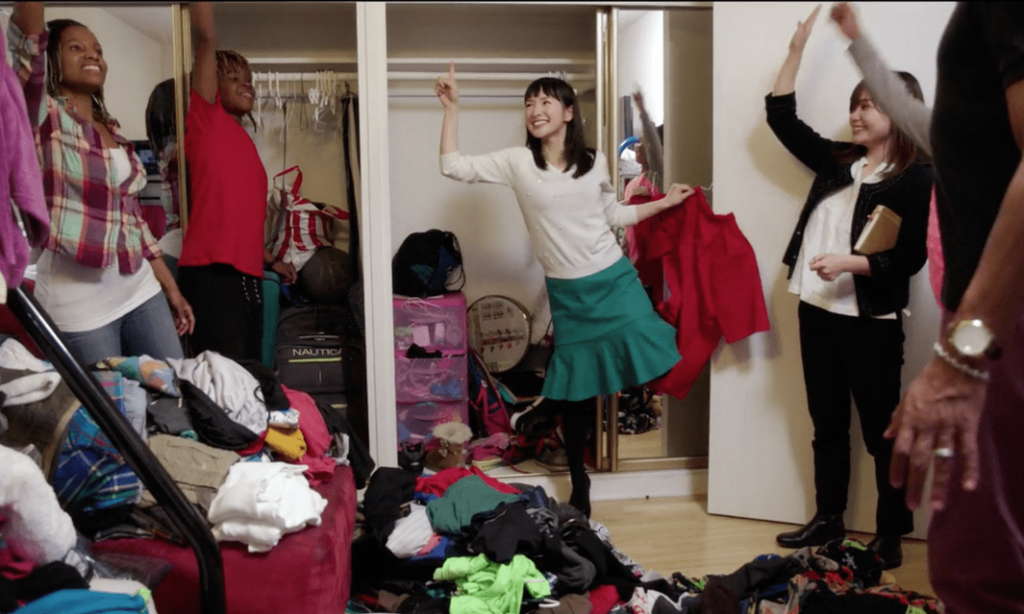Everyone knows that couple: the one that endures no matter what life throws at them. So how do they do it? Over the last few months, we’ve asked 15 couples that question – and, as Tolstoy suggested when he wrote “all happy families are alike”, there were some common themes.
Friendship is key
Almost every couple said they were each other’s closest friend. Chef David Swain said he’d always felt that way about his partner, Sarah: “I would be lost without Sarah in so many ways because I speak about everything I have on my mind to Sarah and always have. That’s one of the lovely things I know we can do together, talk about anything we want to without any prejudice from the other.”
Some couples start as friends and then become partners; others start with lust and get to an enduring friendship. And they work hard to maintain that friendship. Toby Boon said his time with his husband, Max, is precious. “He’s my best friend, I would rather spend [my free time] with Max than anyone else.”
Yep, intimacy is important
For Ron McCallum and Mary Crock, physicality is a big part of their connection. “It can help when things can get a bit rocky … and I’m not meaning anything erotic, but it just can help. It’s almost like the oil can smooth [things] over.” Sarah Munn said the same thing: “Intimacy is a real glue. I’ve always thought that is an important part of real longevity. It’s something that we both have kept a focus on, making sure that we keep our sexual relationship alive, and I feel lucky like that because I know plenty of people [where] that can be the thing that pulls them apart.”
Differences are good
Hilary Bell loved the fact her husband, Philip Johnston, sees the world in a very different way. “They can open your eyes to things that you would never come across on your own … Not just books or art or whatever, but ways of looking at things, or people that you wouldn’t normally think about talking to.” He agreed: “You don’t have to make the other person be just like you.”
And actually, if there are differences, there’s no point in trying to change the other. James Carpenter’s advice to his daughter on choosing a partner for an enduring relationship was: “You should be looking roughly at about 85% [that works]. There’s going to be 15% there that you mightn’t like but can you manage it? Can you live with it? Don’t try and change it, it’s the way that the person is.”
Deal with the inevitable conflict
“People say you shouldn’t fight in a marriage,” said Reid Froggatt of his relationship with wife Clare. “I think you should fight. I think you should fight every day. Not fighting as in silly [arguments] but negotiating. Have a lot of regular little negotiations … Then you resolve, move on. Resolve, move on. Otherwise, someone feels like they’re walking on someone else. We compromise and negotiate every day … That builds that trust and respect.”
That doesn’t mean sorting things out straight away. Author Lee Tulloch laughed at that old-fashioned advice of not going to sleep on an argument. “Forget that,” she said. “Sometimes poking a nest with a stick is not a good idea. You are individual people, and you really just have to go away from each other. I guess it’s a little bit of confidence that you’ll come back.” Her husband, Tony Amos, agreed: “I was raised with that [idea] if you love something, you have to give it room.”
Bring in the specialists
Marriage counselling or life coaching can definitely help but more importantly partnerships have to evolve to survive. Married for 50 years, Chardi and David Christian said a counsellor made a big difference to their relationship. “Sometimes marriages, in the way they were when you were young … have to really die for another way of being together, where you really do celebrate each other’s independence,” said Chardi, adding: “You have to find a way to love that thing you want to change most. This is a little corny, but I think you do. So you find another way of meeting again, with a lot more acceptance.
Keep things in perspective
My favourite bit of advice came from Hope Brett Bowen, who said of her relationship with Gavin Anderson: “When things turn bad, it doesn’t mean everything has been bad or everything will be bad. I call them ‘shit goggles’. You’re starting to view things through what you’re perceiving right now. And that doesn’t work. There’s good and bad in everything, nothing is hunky-dory 100% of the time. During the worst, the hardest things, [there’s good] even if it’s just a sense of humour.”
Valentine’s Day: six things we learned from asking couples how they stay together was originally published in Guardian Australia on Friday 14 February 2020



